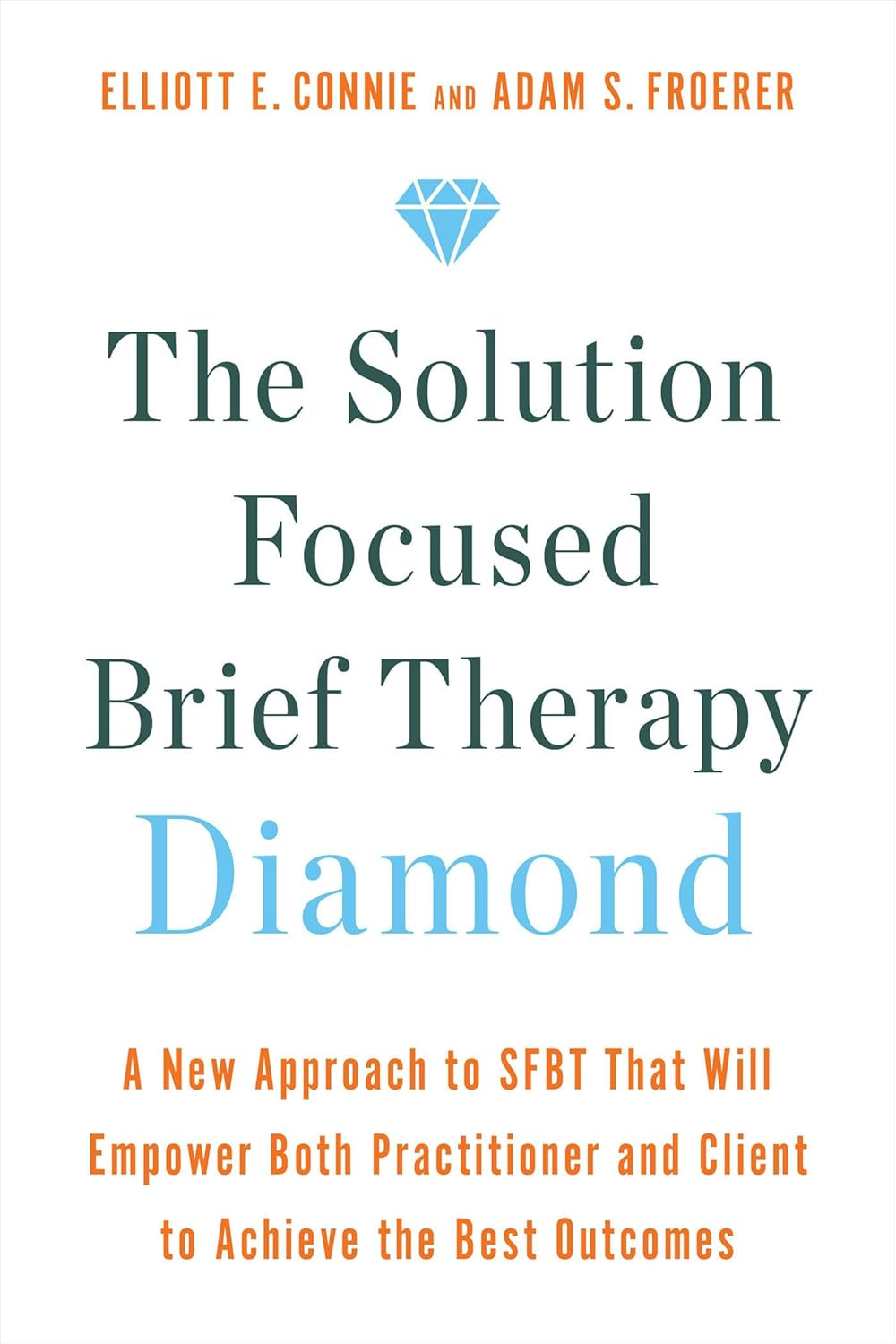11th Issue: Struggling to Change? Three Science-Backed Solutions for Lasting Transformation
Behavioral change is challenging because our actions often stem from deeply ingrained operational systems functioning at an unconscious level. When we try to change, we create a conflict between our executive functions and these automatic operational systems, making it particularly difficult when we lack positive emotional feedback or have low expectations of future rewards 1
Solution-focused therapy offers a refreshing approach by shifting attention from problem-analysis to solution-building. Rather than dwelling on past difficulties, it empowers individuals by focusing on their strengths and the times when problems have less impact on their lives. This approach has shown remarkable effectiveness across various psychological and behavioral challenges, from depression to addiction 4 .
When we struggle with behavioral change, it's NOT about lack of willpower - it's about having the right tools.
So stop calling yourself a loser and try…
3 evidence-based techniques that can help create lasting transformation.
1st Comfort: The Miracle Question
💪 Effort: Low
💰 Cost: Free
⏳ Time it takes to complete: 15-20 minutes
🕰️ When: Early morning or before bed
📋 Instructions:
Find a quiet space where you won't be interrupted
Close your eyes and imagine going to sleep tonight
Visualize waking up tomorrow to find your problem has mysteriously vanished
Write down the first 3 things you'd notice different
List specific actions you can take to make these changes real
🔬 Science:
This technique helps shift focus from problem-oriented to solution-oriented thinking, activating the brain's creative problem-solving networks while reducing anxiety about change.
2nd Comfort: Problem-Free Talk
💪 Effort: Medium
💰 Cost: Free
⏳ Time it takes to complete: 10 minutes daily
🕰️ When: During moments of stress or overwhelm
📋 Instructions:
Set a timer for 10 minutes
Talk or journal about areas of your life unrelated to your current challenges
Focus on hobbies, interests, or positive experiences
Note any insights about your strengths that emerge
Apply these strengths to your current situation
🔬 Science:
This approach reduces stress hormones and builds neural pathways for positive thinking, making change feel more achievable
3rd Comfort: Scaling Technique
💪 Effort: Low
💰 Cost: Free
⏳ Time it takes to complete: 5 minutes
🕰️ When: Daily or whenever feeling stuck
📋 Instructions:
Rate your current situation on a scale of 1-10
Identify what makes today's number higher than yesterday's
Determine one small action to move up 0.5 points
Track your progress daily
Celebrate small improvements
🔬 Science:
Scaling helps visualize progress and breaks down change into manageable steps, activating reward centers in the brain that reinforce positive behavior.
What I'm Reading this week:
My therapy experience left me feeling so powerless, that I am so happy there is approach called: Solution Focused Brief Therapy that teaches therapists to trust power of their patients.
Patients feel if they are looked down to and that doesn’t help...
I am listening to this week:
Quote I love:
If you are not prepared to look at your pupils strength’s, don’t touch their weaknesses
Reuven Feuerstein (1921-2014), Romanian-Israeli developmental and cognitive psychologist
Conclusion:
Remember, sustainable change isn't about dramatic transformations but about consistent, small actions supported by proven techniques. Start with one method that resonates with you and build from there.
Your future self will thank you for starting today.






